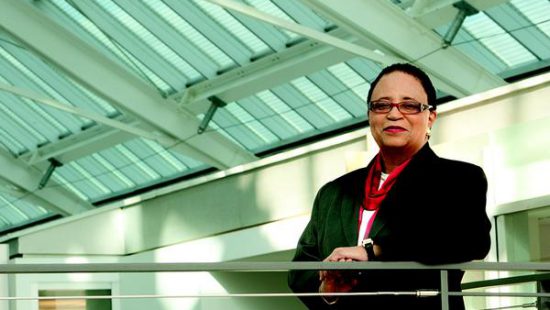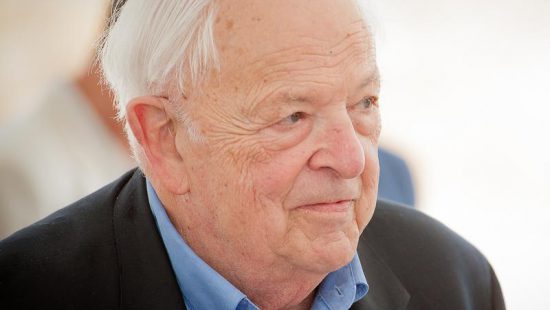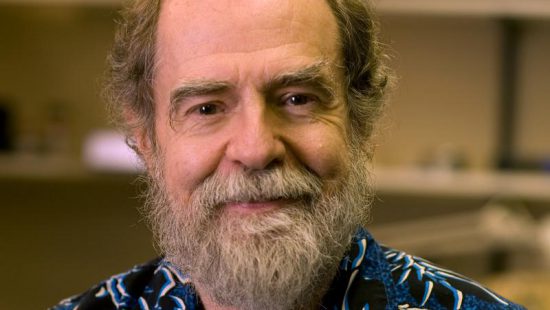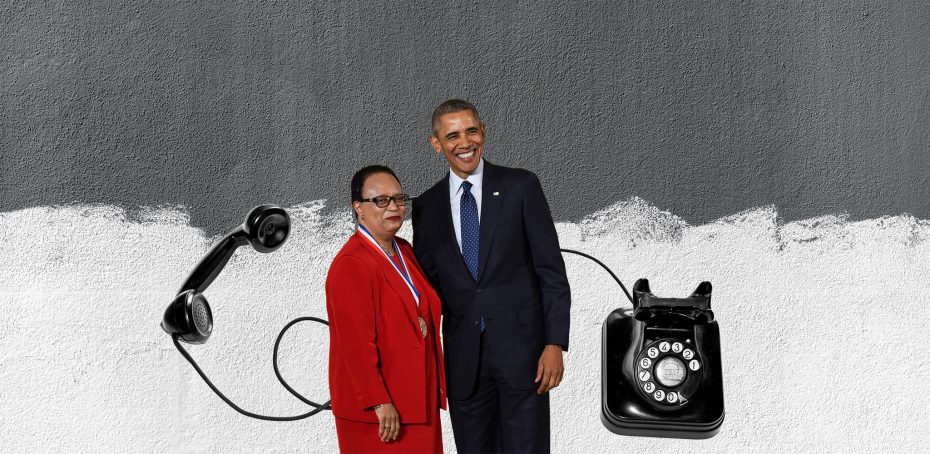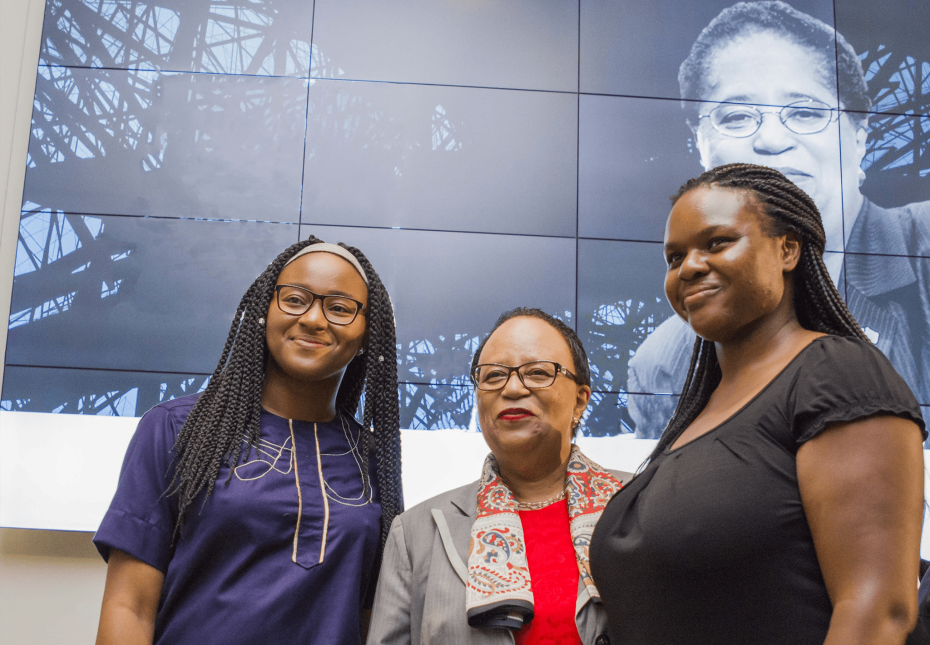John Bardeen nearly missed the champagne toast for his second Nobel Prize due to a malfunctioning version of his first award-winning invention.
His electronic garage door wouldn’t open.
Bardeen, the only person to win the Nobel Prize in physics twice, is part of the Bell Labs team that invented the transistor.
The device – named after the words “transfer” and “resistor” – regulates the flow of electric current, making our computers and digital communications possible.
Despite the significance of this achievement, Bardeen considered the theory of superconductivity his greatest scientific contribution.
Superconductivity, typically occurring at low temperatures, is a phenomenon that allows electricity to travel through a material with little to no resistance.
It took nearly two decades to make the discovery, which is used today in MRIs and a variety of other medical diagnostic equipment.
“I’d say you’ve got to believe in persistence,” Bardeen told friends. “It sometimes pays off.”


